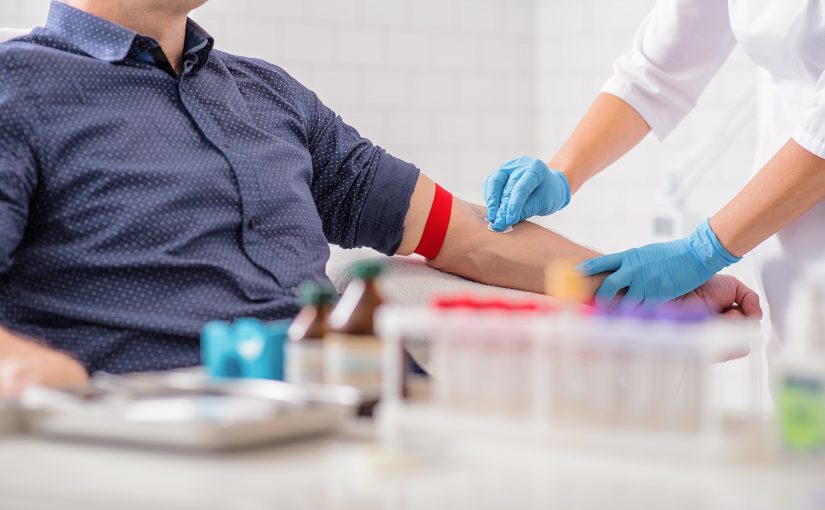People who need regular pathology tests to monitor and treat health conditions should keep up with their tests and medical appointments to avoid unnecessary illness or complications.
Australians with chronic diseases such as diabetes, kidney disease and heart disease need regular pathology tests to manage their condition, and to give their treating doctors the information they need to adjust treatment plans and medication regimes.
If these tests are skipped, people could struggle to maintain good health, their condition may deteriorate and in some cases, they may require hospital treatment.
Cancer diagnosis and monitoring could also be severely impacted by people missing health appointments and routine tests.
The pathology sector has seen a 40% drop in routine pathology testing in recent weeks, meaning over 60,000 Australians every day are not getting the tests they need.
Telehealth changes have been brought in to enable better access to general practitioners as well as primary healthcare nurses and allied health providers. However, for some health services, a face-to-face appointment is still necessary, including for pathology collection.
Clinicians are able to request pathology tests based on a telehealth appointment.
Dr Debra Graves, CEO of the Royal College of Pathologists of Australasia, said: “I strongly encourage anyone with a chronic condition who needs regular pathology tests, or anyone who has symptoms they are worried about, to contact their GP to make an appointment and get the appropriate pathology tests done.
“We know that measures to reduce the spread of COVID-19 will continue for some months and people need to continue looking after their health during this time. Pathology is essential to all areas of medicine but particularly to manage ongoing health conditions and diagnosis of cancer.”
Collection of COVID-19 samples for testing is generally only performed in designated locations, either at a dedicated site or a location separated from general pathology collection.
Dr Graves said: “Pathology providers are experts in detecting infectious diseases. They ensure that all parts of the organisation follow best practice to minimise COVID-19 infection risk. This includes collection centres, where strict hygiene, appropriate distancing and separation measures are in place.”
Doctors’ groups including the Australian Medical Association and Royal Australian College of General Practitioners have noted a fall in those attending for medical appointments, and are concerned for patient wellbeing if people continue to delay seeing their doctor and getting the tests they need.
Dr Graves said: “There may be an assumption that routine tests and medical appointments are not happening because of health services being busy with COVID-19, or that it is not safe to go for a test when you need one. We want to reassure Australians that pathology is still here providing the tests that you need every day. Your health is our priority.”

